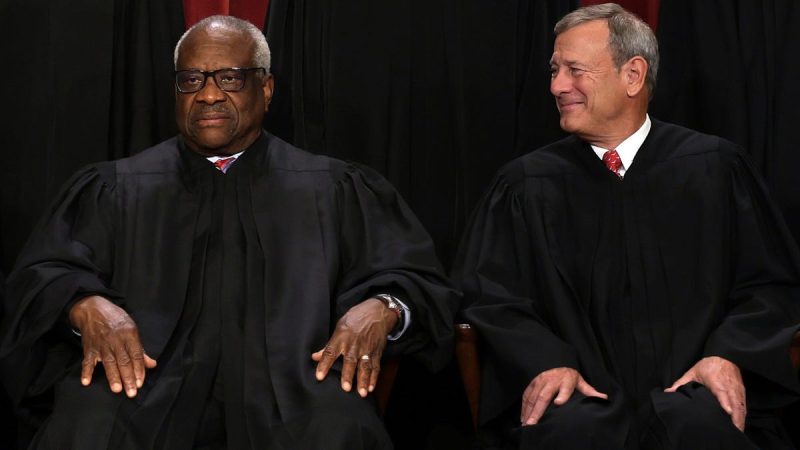
The latest ProPublica report on the Supreme Court Justice Clarence Thomas has been met with criticism from professional legal scholars, constitutional experts, and members of the conservative legal establishment. The report, which details Thomas’s close relationships with conservative politicians and organizations, has been characterized as a ‘hit piece’ by critics who believe the report is unfairly biased against the justice.
In particular, critics have argued that the ProPublica article concentrated too heavily on Thomas’s personal associations, rather than his legal opinions and decisions. Thomas has long been the most conservative judge on the Supreme Court, and critics argue that the ProPublica report latches onto any evidence that blurs genre in an effort to cast him in a negative light.
Legal experts have also pointed out that the report relies heavily on circumstantial evidence without hard facts to back up its allegations. In particular, the report claims Thomas benefited financially from his close associations, though there is no direct evidence to substantiate this claim.
Although ProPublica has defended its report as balanced and fair, critics have argued that it is yet another attempt to nitpick Thomas’s personal life in order to discredit his impact on the Court. These claims have been particularly salient in light of the pushback against judicial ‘activism’ and the Social Justice movement, both of which Thomas has been a vocal opponent of.

